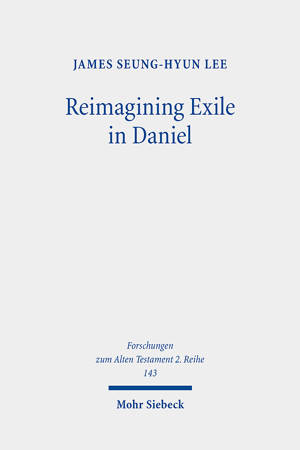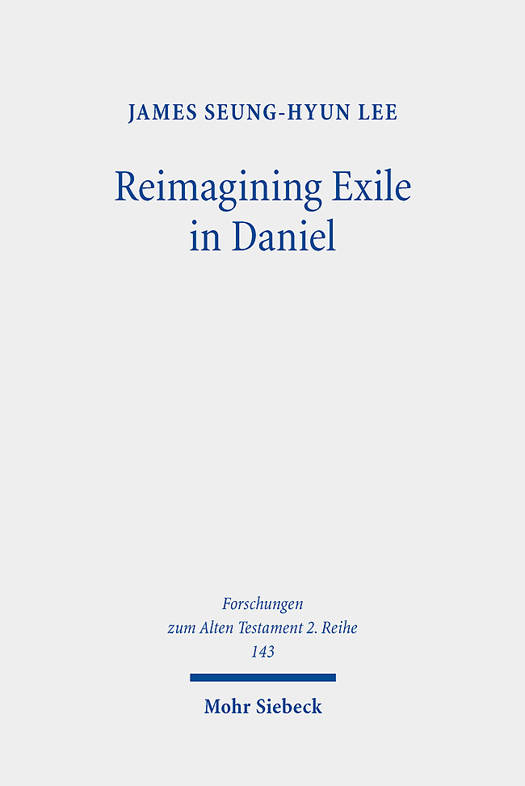
- Afhalen na 1 uur in een winkel met voorraad
- Gratis thuislevering in België vanaf € 30
- Ruim aanbod met 7 miljoen producten
- Afhalen na 1 uur in een winkel met voorraad
- Gratis thuislevering in België vanaf € 30
- Ruim aanbod met 7 miljoen producten
Zoeken
Omschrijving
The widely accepted view of exile in the Book of Daniel is that it was an ongoing reality which went beyond the initial return of the Babylonian golah (based on Dan. 9). James Seung-Hyun Lee's study, however, reaches deeper to tread the insufficiently explored territory of how the book reconceptualizes exile and how this informs the self-identity of the Danielic group, the final editors of the book. Proposing that for the Danielic group, exile is a place of privilege and a locus of God's revelation and presence, the author shows how this creates a middle space for them that provides a unique historical perspective that both embraces and critiques Babylon and Jerusalem. By identifying themselves with those remaining in exile, the Danielic group claims the legitimacy of their prophetic identity and teaching during the Antiochene persecution.
Specificaties
Betrokkenen
- Auteur(s):
- Uitgeverij:
Inhoud
- Aantal bladzijden:
- 206
- Taal:
- Engels
- Reeks:
- Reeksnummer:
- nr. 143
Eigenschappen
- Productcode (EAN):
- 9783161623370
- Verschijningsdatum:
- 1/07/2023
- Uitvoering:
- Paperback
- Formaat:
- Trade paperback (VS)
- Afmetingen:
- 231 mm x 155 mm
- Gewicht:
- 480 g

Alleen bij Standaard Boekhandel
+ 335 punten op je klantenkaart van Standaard Boekhandel
Beoordelingen
We publiceren alleen reviews die voldoen aan de voorwaarden voor reviews. Bekijk onze voorwaarden voor reviews.








